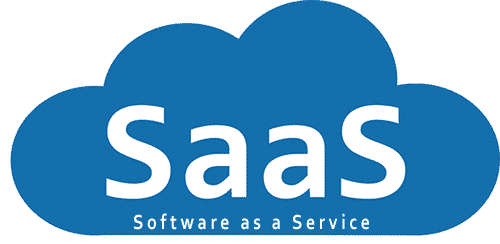Although cryptocurrency has become trendy in the past few years and the highest interest has been noticed among younger investors. There are different reasons why this currency has that much interest. After Bitcoin, which become the most popular cryptocurrency, there are Shiba Inu and Dogecoin that buyers have loved the most. For those who have started with investing in the first crypto coins, it was the payable investment.

What affects the cryptocurrency market?
Unfortunately, the crypto market is not as stable as we expect from fiat currency, equities, or real estate assets. Since it is a young type of investment, there are surprising drops in value. Some experts describe it as a new Wild West of the financial world.
According to experts, there are more than 17,700 different cryptocurrencies, and each of them has value and buyers that invest in them. It is questionable how much currencies are regulated by governments in different countries. On the other hand, in a bunch of misleading information, it is hard to define what is right news and information and what is just propaganda.
How to choose the best cryptocurrency to invest in 2022?
There are a few steps that you can make to choose the most valuable and safe cryptocurrency to invest in. Keep in mind that the crypto market is fragile and extremely volatile. In less than four months it has fallen 42%, meaning that investing in it led to losing half your money.
However, do not be that pessimistic. There are ways to avoid these terrifying mistakes. Invest money that you will not need for the next five years. Do never borrow money for investing in cryptocurrency, because it represents a high risk.
In this market there are different rules than in any other place. You, as an investor, must have a trustworthy portfolio that will open doors that common buyers and newbies cannot pass through. A well-diversified portfolio is an asset that you can own as an investment, too.
The most important thing is to do your research, on the internet, or similar networks. Always check on different sites what experts say about the currency. There are predictions and expectations worth mentioning, too. Do not hesitate to look for help in investing.
Where to buy the best cryptocurrency to invest in 2022?
There are a lot of places where you can invest your money. Some of them have a long tradition in this field, existing from the beginning of the crypto money on the market. Other ones are worthy of mentioning, but still not that good for new currencies and investors without experience. It is not a shame to look for help finding the best crypto exchange on the internet, though.
Which are the best cryptocurrencies to invest in 2022?
Choosing the most affordable, safe, and payable currency is much harder than you may think. Even the most clever and experienced traders make mistakes when buying crypto money. Nobody can predict what will happen with the currency in months to come, even harder to predict years to come. So, always be prepared to withdraw your money and invest small amounts of money at the beginning. We listed the most popular and favorable cryptocurrencies worth investing in 2022.
Bitcoin
It is hard to find a person in the world who does not know what Bitcoin is. As the matter of fact, most of us have entered the world of crypto coins thanks to this currency. Created in 2009. by a mysterious investor hidden under the pseudonym Satoshi Nakamoto, this currency has grown to the most popular and the highest money transaction in the network. The way of mining is still questionable, but its value is constantly growing.
Ethereum
It is not only a cryptocurrency but also a blockchain platform, which facilitates trading and holding of the currency in virtual wallets. As the opposite of most technologies and platforms, Ethereum blockchain is also programmable because it is more than a system of record. You can use it as a potential application like so-called smart contracts used when conditions are met and non-fungible tokens like NFT. It means that you can use it to run self-executing computer programs called smart contracts, which are the heart of decentralized applications (dApps) and decentralized finance (DeFi) services. The growth from the starting price in 2016 until now is more than 27,000%. Good enough to consider it as a stable currency to invest in.
Tether
There is a very important difference between Tether and other currencies. It is a special form of stablecoin, which stands for a currency that is backed by fiat currencies like US dollars or euros. It should be enough for keeping the stability and value of the currency and supporting the currency at the place of the most consistent currencies on the market. This should help buyers who are afraid of the extreme volatility of other coins. Buyers confirmed that it is good enough for investing in years to come so the market cap of the currency is $79 billion.
Binance Coin
This should be a currency that you can use to trade on a special platform called Binance, one of the largest crypto exchanges in the world. Maybe it is a reason why the currency is that popular among buyers and investors, and valuable and stable even after five years of existence. Not only that you can use it for purchasing crypto coins, but there are also other usages of the currency. You can use it for payment processing, trading and even booking travel arrangements. Thanks to the fact that you can trade it for other forms of currencies, like Bitcoin and Ethereum, Binance Coin represents an interesting currency for investing. The growth of the currency from releasing is 410,000%.
Which are the best cryptocurrency to invest in 2022?
In the end, it is still not concluded which currency is the best cryptocurrency to invest in 2022. Depending on your interest, the amount that you want to invest, and the information you have, you should make your own decision. Crypto exchanges are similar to brokerage platforms, so they will provide the tools you need when buying and selling currencies. Before buying always check for support assets, security, fees, and payment methods.






